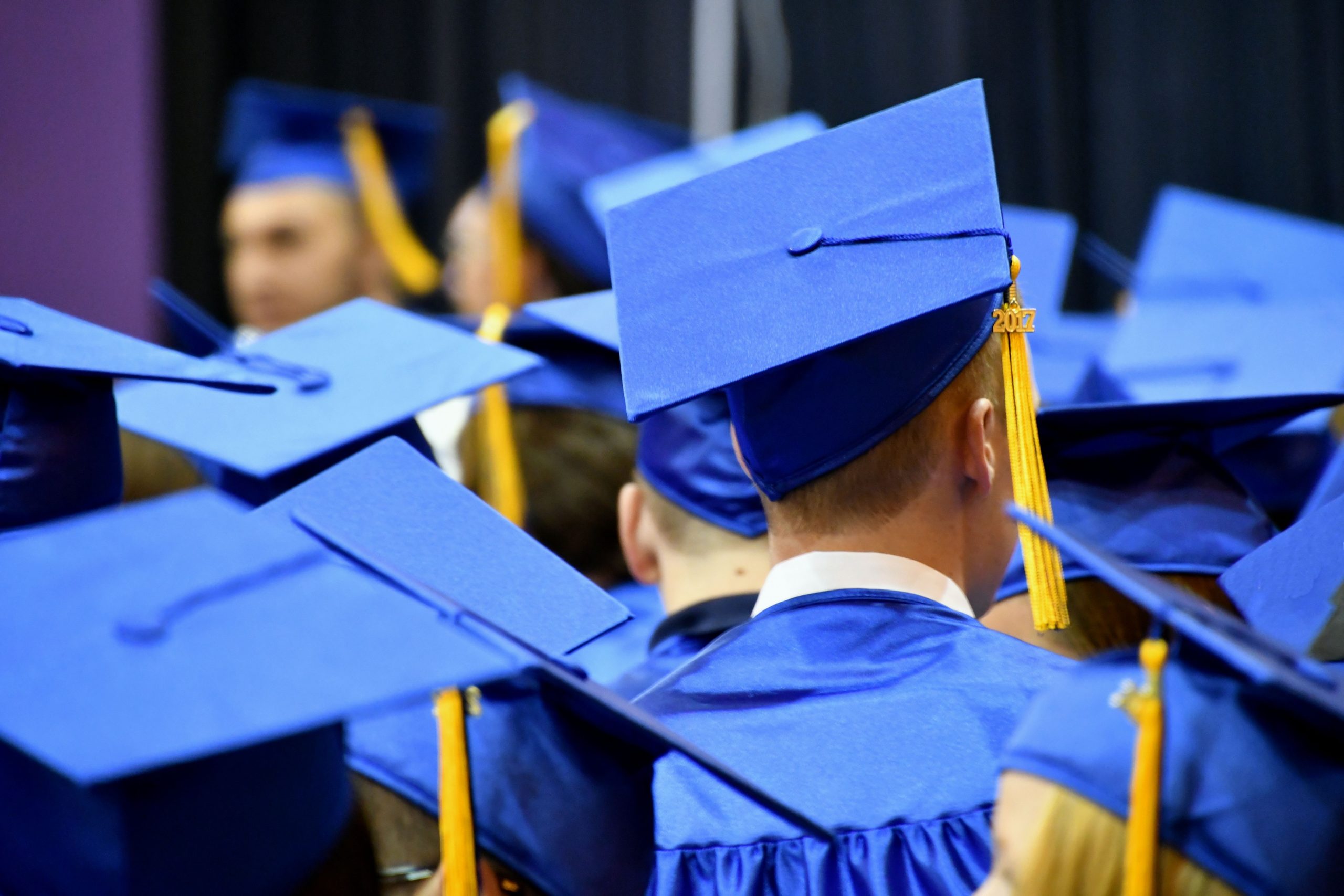Blog January 19, 2022
Have Americans Lost Faith in the Value of a College Education?

There is no personal investment that pays greater dividends than a college education. The evidence is consistent and robust. Which is why it is surprising to see fewer Americans taking advantage of the opportunity to attend college or university. A new report from the National Student Clearinghouse reveals a dramatic drop in student enrollment over the last few years. Today, there are 2 million fewer students enrolled than in 2015.
Reports suggest that a healthy job market combined with a pandemic shift to online learning have changed the calculus. But declining college enrollment predated the pandemic. And recent polls have revealed an emerging shift in how Americans think about the value of a college education.
In 2016, the majority (55 percent) of Americans said a college education was a smart investment in the future, rather than a gamble that might not pay off. Just five years later, public attitudes reversed. In 2021, a greater share said that a college education is a risky venture in which the benefits might not outweigh the costs.
A Gallup survey reveals an even larger decline in the public’s faith in higher education. Only about half (51 percent) of Americans say getting a college education is “very important,” a massive drop from 2013 when 70 percent said it was very important.
Attitudes about college are stratified by race and ethnicity. Hispanic Americans—who tend to have the greatest faith in the American Dream and the promise of upward economic mobility—also believe that a college education is a worthwhile investment. A majority (54 percent) of Hispanics today believe a college education is worth it as do nearly half (48 percent) of Black Americans. But only 41 percent of White Americans believe a college education is a smart investment in the future.
At a time of soaring college costs and a robust labor market, trepidation about investing the time and energy in a college education is understandable. The economic benefits do not take effect immediately upon graduation while the debt is felt instantaneously. The financial payoff of a college education in the form of higher earnings pays off over a lifetime.
In addition, a college education provides much more than financial gain and the assurance of gainful employment. At a time when Americans are experiencing a dramatic decline in social connection, having a college education may better guard against feelings of social disconnection and alienation. A new report, The college connection: The education divide in American social and community life, finds that college graduates have more close social ties, more active social lives, and are more connected to their communities than those without a college degree.
At no other time in your life but college are you afforded the opportunity to explore personal interests, follow intellectual pursuits, and develop lifelong – and sometimes life-changing – relationships. When we focus exclusively on the financial returns offered by higher education we end up missing a large part of what makes a college education truly valuable. College is not for everyone, but we should be clear about what the tradeoff actually entails. Americans who pass up an opportunity to go to college may pay for it in the long run, and not just in their paychecks.







